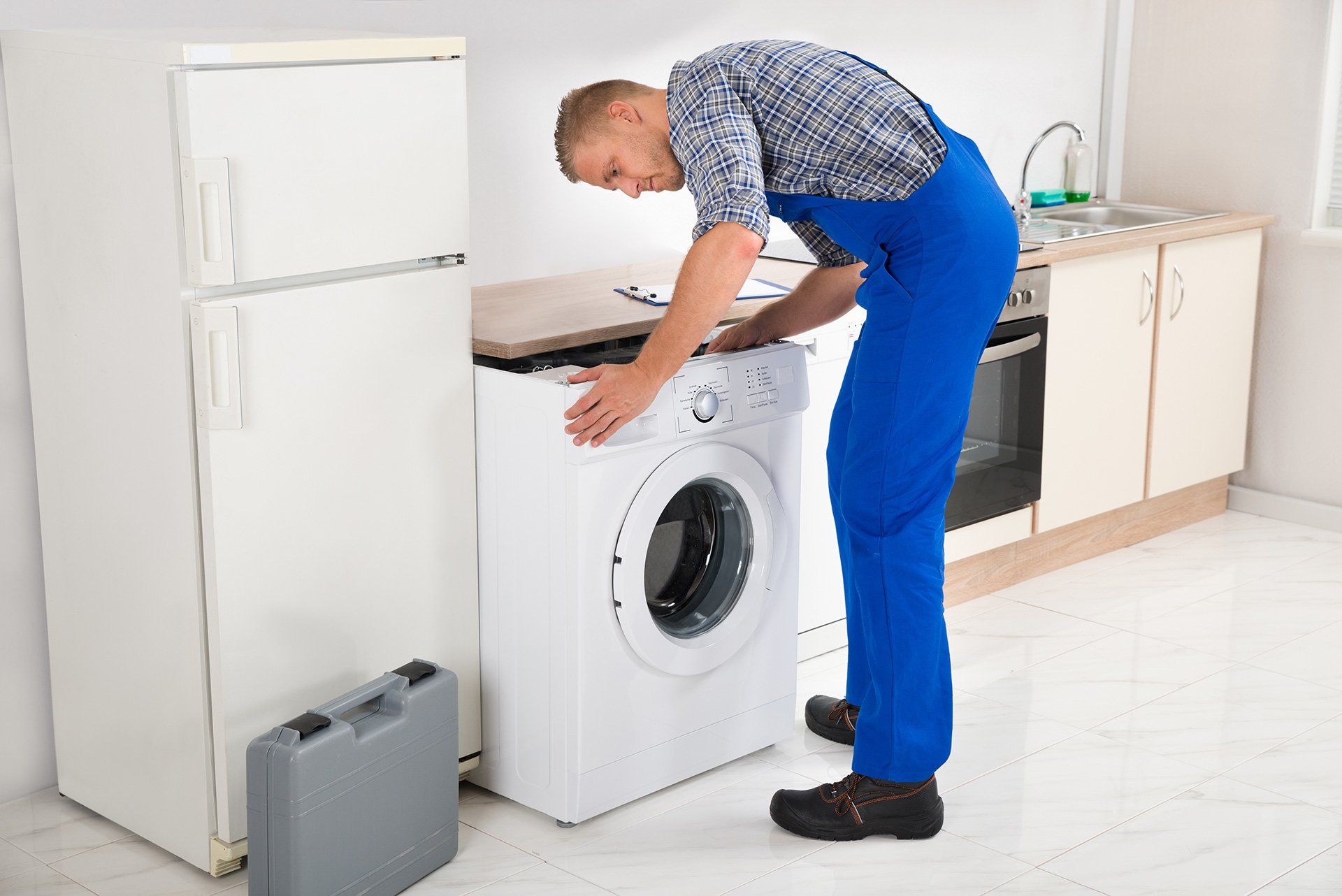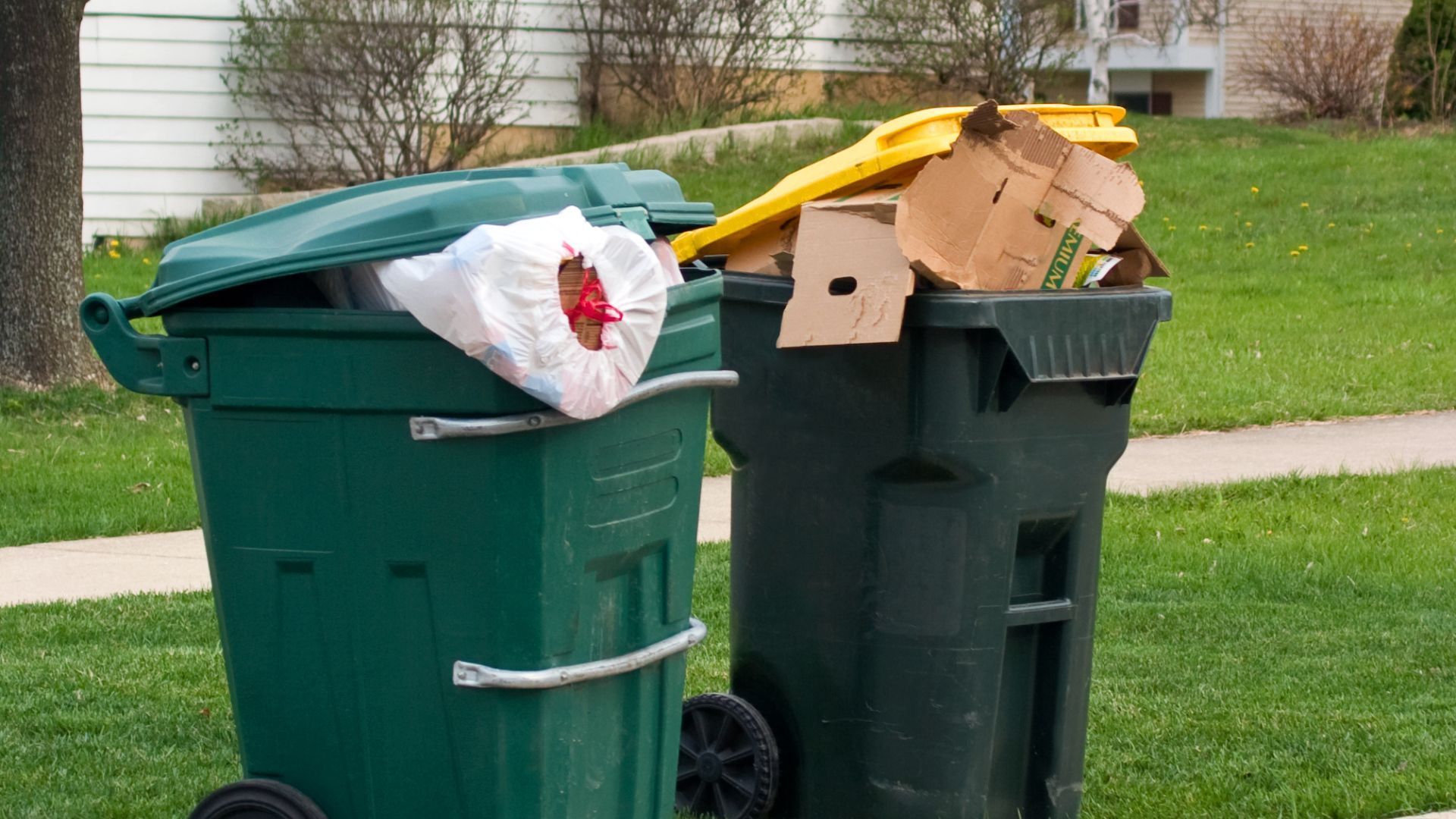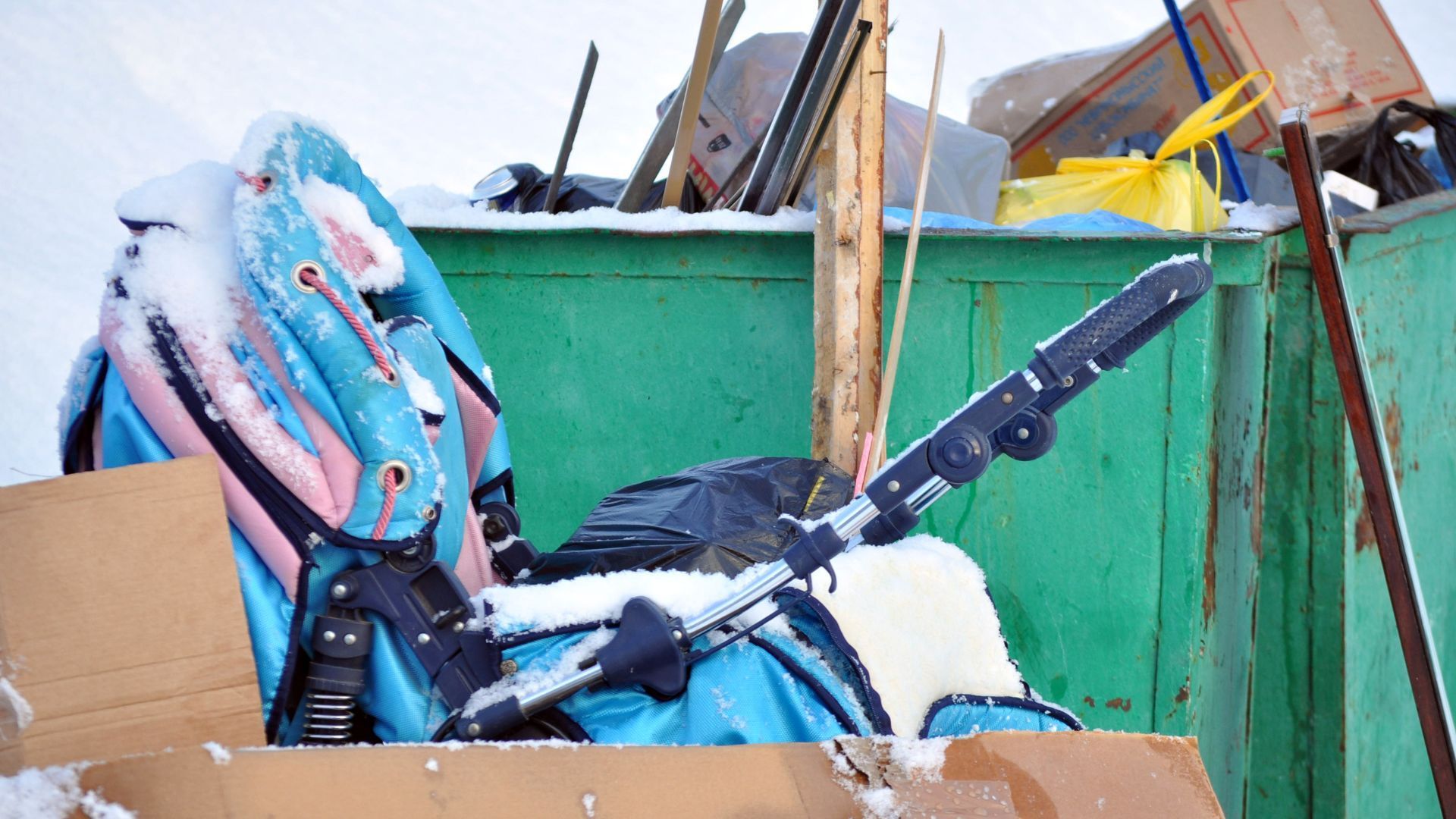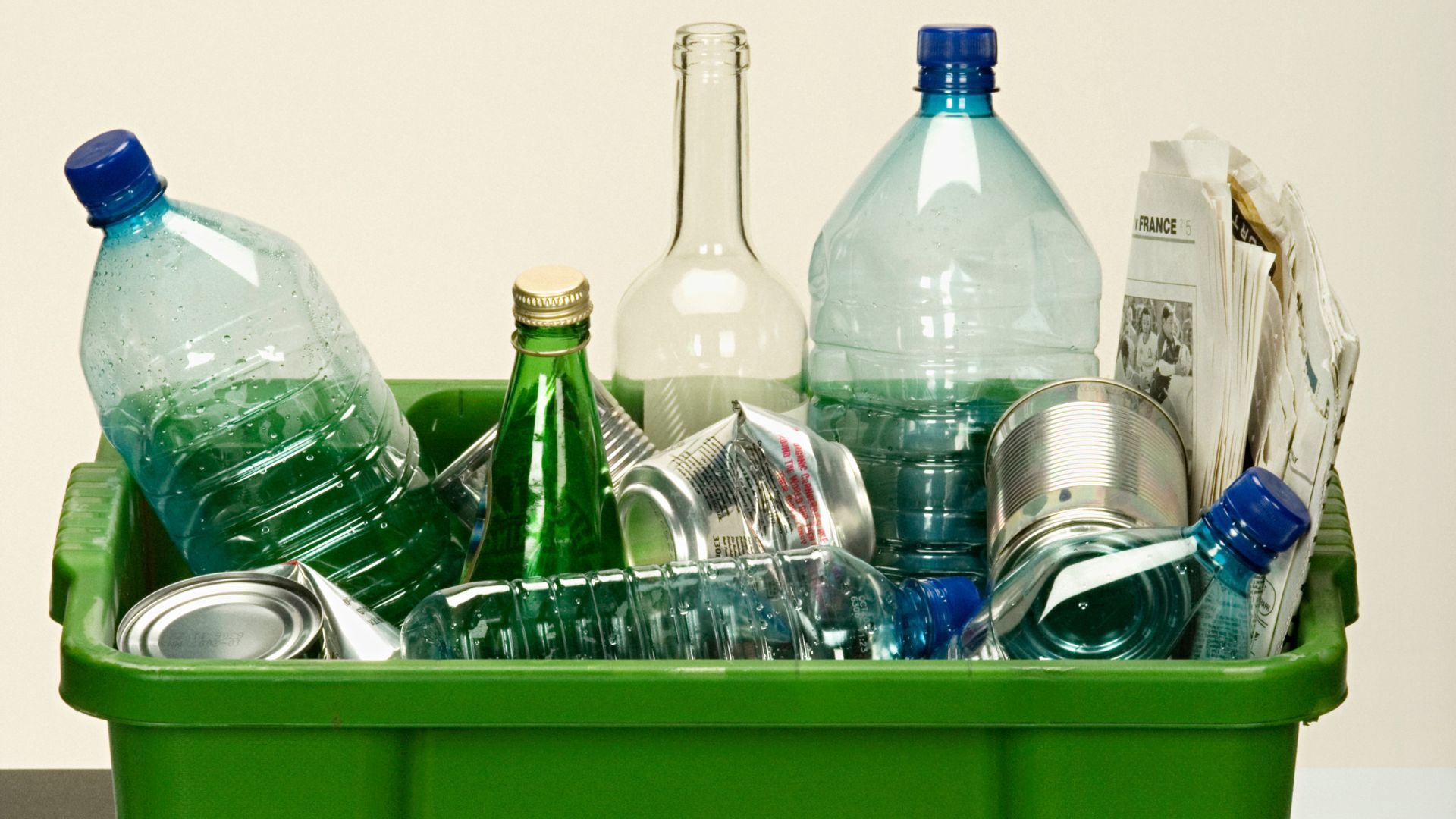Best Disposal Tips for Commercial Appliances Augusta
Navigating through a warehouse packed with expired equipment? That’s where junk removal Augusta becomes more than just a task—it becomes a necessity. Disposing of outdated commercial kitchen gear, bulky HVAC units, or fried industrial-grade mixers isn’t something to tackle with just elbow grease and a truck. There’s an entire process behind it, especially in the realm of Commercial Appliances Augusta. Each unit contains materials that could harm the environment or pose safety risks if not handled correctly. Tossing it in the dumpster out back? Not an option. When Augusta businesses seek space, compliance, and clean operations, they turn to disposal professionals who know how to handle the unexpected. Let’s get into the nitty-gritty of how to properly—and legally—dispose of commercial appliances without creating chaos in the process.
Understand Local Disposal Regulations First
If you're dealing with Commercial Appliances Augusta, know this: the law isn't just a suggestion—it's a boundary line drawn in bold. Before rolling out that fridge or unbolting a grease-coated oven, businesses must understand what Georgia’s environmental and waste guidelines permit. Tossing heavy-duty appliances on a curb or in random dumpsters may lead to fines or even operational shutdowns. Some equipment houses refrigerants, oils, or toxic insulation—materials requiring certified disposal. Local ordinances may even demand recycling certain parts or tracking serial numbers for compliance. It’s more than legality; it’s about community safety and environmental responsibility. In Augusta, working with licensed removal experts who’ve memorized these codes is the smartest route. They decipher the regulations so you don’t have to decode pages of bureaucratic jargon. When your operation can't afford the risk, this approach isn’t just safe—it’s essential.
Decommissioning Is More Than Just Unplugging
The old ice machine in the backroom doesn’t just stop being a liability because it's turned off. Decommissioning Commercial Appliances Augusta properly means addressing hazardous materials, embedded components, and structural challenges that might come back to haunt you. Think of compressors filled with coolant or ovens wired directly into a circuit box—just yanking them out could spark bigger problems. A professional teardown involves certified technicians removing and isolating components safely, often segmenting metal, electronics, and harmful substances before the haul-off. Skipping these steps isn’t just reckless—it’s expensive. Reputable disposal experts ensure your units are taken apart in a way that protects your property and aligns with Augusta’s environmental codes. Don’t let a shortcut today become tomorrow’s citation. Real appliance disposal is an orchestrated breakdown, not just a brute-force removal.
Know What Can Be Recycled (And What Can’t)
Recycling is crucial when dealing with Commercial Appliances Augusta, but not everything inside that broken-down dishwasher gets a second life. Metals like aluminum and steel? Definitely recyclable. But insulation foam laced with chemicals or old capacitors leaking fluid? Not so much. This is where disposal becomes art backed by science. Separating recyclables from waste is often done on-site by junk removal professionals trained to identify materials. The value isn’t just environmental; it’s practical. Smart disposal can reduce landfill fees and even earn rebates on certain scrap components. That crusty fryer in your restaurant might hold copper wiring worth reclaiming. Knowing the rules about recyclable materials and leaning on professionals for accurate sorting prevents contamination and missed opportunities. Augusta's local recycling centers have specific acceptance policies, and your job is to align your disposal process with them—or better yet, hire someone who already knows them inside out.

Time the Disposal Around Business Downtime
Here’s the ugly truth: trying to remove Commercial Appliances Augusta in the middle of your lunch rush or conference prep? It’s asking for chaos. Timing is everything when disposing of large commercial equipment. Businesses that try to squeeze removal into busy hours risk injuries, workflow interruptions, and even lost customers. A better way? Schedule appliance disposal during downtimes—overnight, weekends, or between shifts. Disposal companies worth their salt offer flexible scheduling for exactly this reason. They plan around your operations, not the other way around. Whether you’re replacing a failing rooftop unit or offloading broken beverage dispensers, aligning with your business's off-hours means less disruption and a smoother process. Because the real goal isn’t just getting rid of something—it’s keeping your business moving like nothing happened at all.
Don’t Overlook Hidden Hazards Inside Appliances
Look at that old walk-in freezer and you might just see rust and dust—but inside? That’s where the danger lurks. Many Commercial Appliances Augusta contain more than screws and panels. Mercury, lead, refrigerants, mold, and even asbestos can lurk in older models, turning disposal into a potential health hazard. Attempting removal without awareness of these materials isn’t just careless—it’s dangerous. That’s why licensed disposal crews begin each job with an internal hazard assessment. They don’t guess; they inspect, test, and act. Specialized tools are used to safely remove components like thermostats with mercury or old PCB-laden capacitors. In Augusta’s humid climate, internal mold growth in unused appliances is also common and can spread during removal. Protect your team, your space, and your reputation by treating appliance disposal as a surgical process. It’s not what you see that gets you—it’s what’s hiding inside.
Avoid Damaging Floors and Walls During Removal
Dragging a two-door industrial freezer across tile without proper tools? That’s how you turn appliance disposal into an expensive remodeling project. The sheer weight and sharp edges of Commercial Appliances Augusta make them enemies of floors, door frames, and walls. Not to mention, some businesses lease their properties, meaning damage leads to penalties. Expert junk removal teams don’t just lift and go—they use protective mats, furniture sliders, and corner guards to ensure the structure survives the process. They plan routes, sometimes disassembling units before transport just to avoid tight corners. If you’re thinking of doing it yourself, ask this first: how much would it cost to repair a cracked marble entry or gouged drywall? Spoiler: it’s more than paying a professional. Think of proper disposal as protection insurance for your physical space—because damage doesn’t clock out when the junk does.
Use Disposal as an Opportunity to Upgrade
Every time a business removes old equipment, a door opens—literally and figuratively. If you're ditching Commercial Appliances Augusta, why not time it with a modernization move? Outdated units often guzzle energy, leak, or simply underperform. Replacing them after a proper disposal clears the way for better operations, leaner utility bills, and improved aesthetics. Smart business owners use this transition period to reconfigure layout, implement more efficient models, and tighten safety protocols. It’s the perfect chance to evaluate whether your next appliance is scalable or compliant with new regulations. A disposal job isn’t just the end of something—it’s the beginning of operational renewal. And when you plan removals with this mindset, the gains go far beyond just trashing the past. They usher in performance that transforms your workspace.
Partner With Licensed Disposal Professionals
No offense to your cousin with a trailer, but Commercial Appliances Augusta aren’t meant to be carted off by amateurs. Proper disposal isn’t just about hauling—it’s about paperwork, compliance, certifications, and logistics. Partnering with licensed professionals means you’re working with people who know how to remove, transport, and process appliances in ways that won’t get your business in hot water. These teams carry liability coverage, follow Augusta’s waste handling regulations, and document removals for your records. More importantly, they do the job cleanly, quickly, and legally. Hiring the right disposal crew isn’t a luxury; it’s a risk management strategy. When you choose certified teams, you’re choosing peace of mind. Because in business, protecting your name matters just as much as clearing your space.
Track Your Appliance Disposal for Audit Trails
It might seem overboard, but in today’s compliance-heavy world, documenting your Commercial Appliances Augusta disposal process is a smart move. Whether for insurance, audits, or environmental certifications, having proof of proper removal matters. Disposal services often provide detailed reports, photos, and receipts that show where your appliances went and how they were handled. For companies pursuing sustainability initiatives, this paper trail becomes part of your ESG metrics. For those navigating regulatory landscapes, it shields you from future disputes. Even if you're not legally required to track it, the documentation builds credibility and transparency. One email chain or missing invoice shouldn't jeopardize your reputation. That old fryer might be gone, but the records of its responsible disposal stay with your business—and that’s exactly how it should be.
Final Clean-Up Makes All the Difference
The job’s not done just because the appliance is out of the building. Many businesses forget the aftermath. Removing Commercial Appliances Augusta often leaves behind residue, grease trails, hardware debris, or even wall damage. Professional disposal teams go beyond hauling—they handle the final sweep, scrub, and restoration. It’s the difference between chaos and closure. They patch anchor holes, sanitize floors, and remove leftover screws or sharp edges. This final phase ensures your business returns to clean, safe, and functional—ready for installation, renovation, or repurposing. It’s not glamorous, but it’s crucial. Because a forgotten bolt can flatten a forklift tire or injure a staff member. Disposal is a full-circle process: remove, document, clean, and clear. Anything less isn’t just incomplete—it’s careless.
Conclusion
Disposing of outdated or broken commercial appliances in Augusta requires careful attention to legal compliance and safety protocols. Improper disposal can jeopardize your business operations, reputation, and workplace safety. It’s essential to engage professionals who understand the local regulations and industry standards to ensure the process is handled efficiently and responsibly. Cutting corners can lead to costly fines and hazards, so trust a company with proven expertise to manage your appliance removal needs. For reliable and thorough commercial appliance disposal and junk removal services, turn to Hinkins Disposal LLC. They offer expert assistance to keep your workspace safe and compliant. You can reach them at their Augusta location: 246 Robert C Daniel Jr Pkwy #1441, Augusta, GA 30909. For inquiries, call +1 706-885-4032 or email Hinkinsdisposal@gmail.com. Entrust your commercial appliance disposal to trusted professionals who prioritize safety and compliance.




